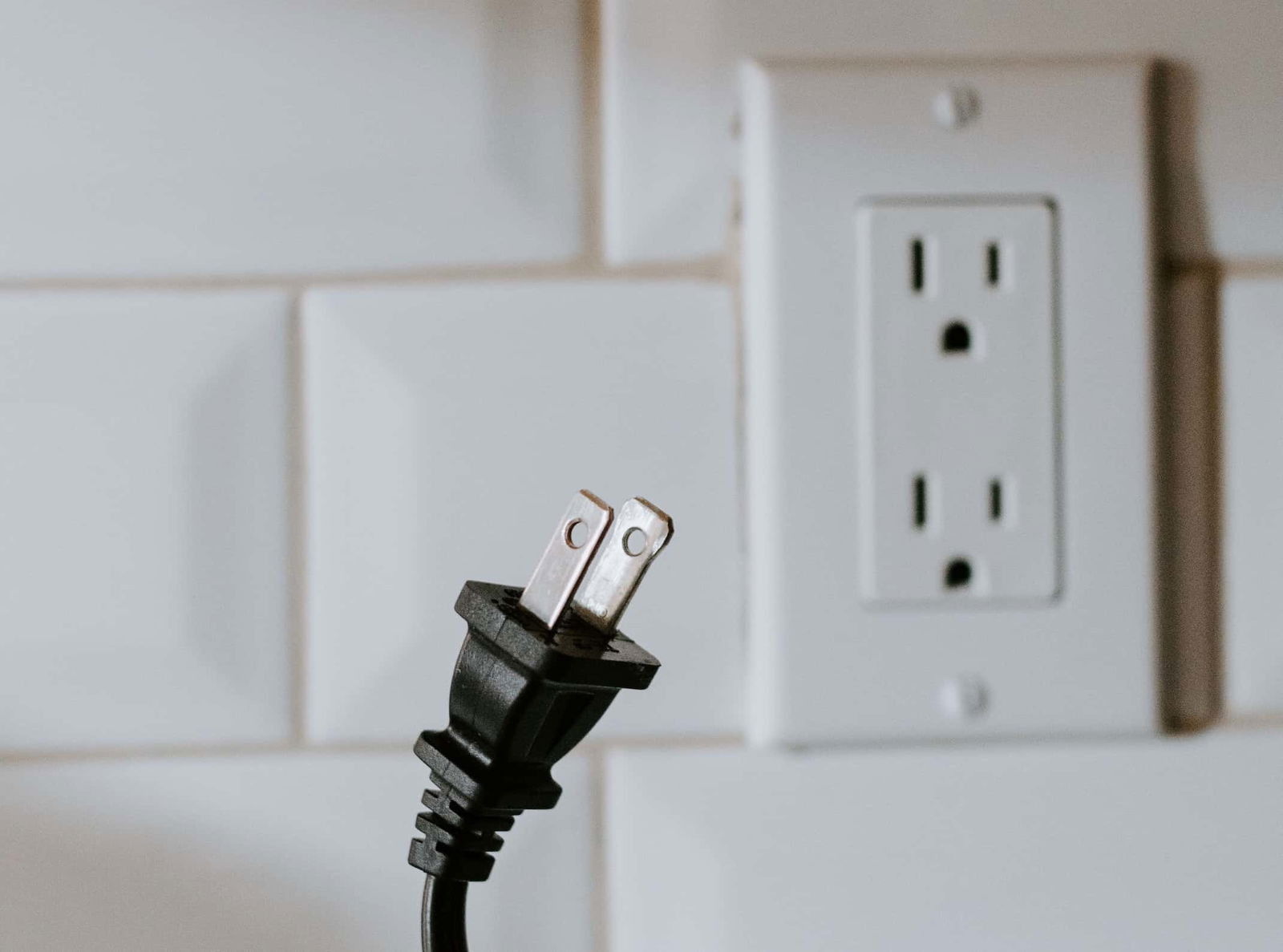BESIDES the hospital, CUC is the only other government entity whose closure is unthinkable. So many other government offices can shut down for days, weeks or even months, without anyone noticing a difference as long as their employees are still paid regularly.
We don’t need to imagine what life could be without CUC. We’ve lived through it post-Soudelor and post-Yutu. We still remember how it was not to have power and/or water for several days if not weeks.
For the hospital, businesses, offices, schools and households, CUC is the single most important government entity. Without it, we will quite literally be back to the dark ages.
However, although everyone demands better and more reliable services from CUC, not everyone wants to pay for such services. We want someone else to pay for them; and that someone else is the government.
CUC is a non-profit public corporation that receives significant financial assistance from the federal government, which wants CUC to charge rates that reflect the costs of providing reliable utility services: that is, higher rates.
But CUC is governed by a board whose members are appointed by politicians. CUC’s regulatory agency is the Commonwealth Public Utilities Commission, whose members are also appointed by politicians. (In a 2017 report, the Office of the Public Auditor noted that the establishment of
CPUC “created another layer of difficulty, making it hard for CUC to operate independently.” OPA likewise stated that “over the years, board members began submitting courtesy resignations upon the election of a new governor. This in effect provided governors with a continuing undue influence on boards of directors, particularly when the central government is both a major consumer and the largest debtor of the utility corporation.”)
Rate-payers don’t want to pay more for their utility consumption. And rate-payers elect officials who appoint the board members of CUC and CPUC.
And so, then and now, controversies involving CUC are almost always about its “high rates,” its procurement practices, the contracts it approves or disapproves, the pay raises for some CUC personnel but not for others, who got what plum position and how, who was hired and who wasn’t, etc.
Except for OPA, no one else, it seems, remembers that CUC is supposed to be “an autonomous agency, independent of all appropriations,…managed in a business-like manner with the ability to establish and adjust utility rates to sufficiently recover the full cost of operation and delivery of utility services…. [S]uch costs to include an adequate financial reserve for debt service and replacements of obsolete or damaged equipment.”
What’s in CUC’s best interest is not necessarily in the best interest of politicians who are running CUC all but in name. To win an election, politicians must assure the voting public that once elected into office they will “solve” and/or “address” voters’ concerns, including “high” CUC rates for which they will blame the depravity of their political opponents, the mismanagement of past and current CUC officials, etc., etc. But the real “problem” is basic arithmetic.
Reliable utility services cost a lot of money, and utility customers don’t want to pay more. The government can provide subsidies, but the economy is down, which means government revenue collection is declining. Moreover, there are other pressing government obligations: government payroll, pensions, medical referrals, Medicaid, emergency response, public safety.
If fuel prices rise again, the FAC, which pays for CUC’s fuel, will increase. People, for sure, will complain, like they did last year, and in the previous years when fuel prices likewise soared. But it is likely that not one politician — not a single one — would say out loud the following:
“Utility rates are high and are rising mainly because of global events beyond our control so cut your consumption, conserve power, get more energy-efficient appliances or consider more affordable renewable energy sources for your home.
“If you don’t want to do any of that, and if you demand that your government should instead provide subsidies, then the following will most likely happen: tax/fee increases, which you will have to pay, one way or another; a significant reduction in government personnel and/or their salaries/benefits which, once again, will affect you and your families, the businesses on island, and will likely result in more people leaving the island which, in turn, will further depress the economy, further shrink the remaining businesses’ customer base and the government’s tax base.”
Do we actually believe that an elected official seeking re-election or higher office — or any politician running for office — would dare say such things to voters?
A few years ago, during a public hearing on CUC issues, a lawmaker commented, perhaps inadvertently, that although CUC’s customers wanted “first class” service, they didn’t want to pay for it.
He wasn’t re-elected.
Send feedback to editor@mvariety.com












